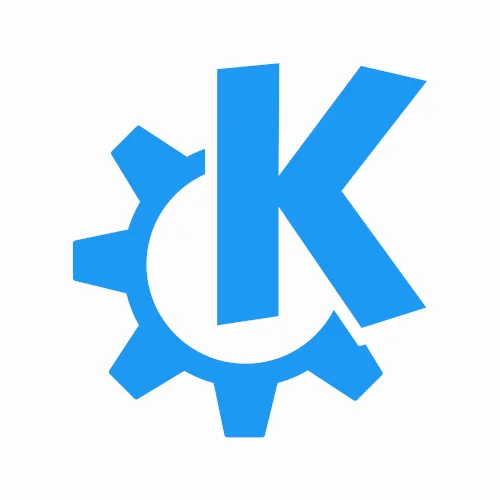Systemd Startup For KDE Plasma 5.21 Has Helped Uncover Bugs, Other Improvements

Longtime KDE developer David Edmundson who was involved in this process of optional startup support via systemd has provided a deep dive on the process. This KDE Plasma 5.21 feature (not the imminent 5.20) allows for using systemd startup in place of the conventional boot scripts though those boot scripts will continue to be supported into the future for still being able to run the KDE desktop without systemd.
By making use of systemd for Plasma startup there is more control over process startup, greater enforcements over shutting down of processes, cgroup / resource limits support, enhanced logging, and other improvements that have long been desired.
Getting this systemd startup support to where it is today though has led to a lot of low-level code improvements for KDE, cleaning up its boot architecture, KWin changes, and more. Edmundson noted on the topic of speed, "A lot of the prep work over the past few years to get to this state has made absolutely massive differences. The splitting found bugs dead code and potential optimisations that add up to magnitudes of difference."
The fundamentals of the KDE Plasma systemd startup should all be working while additional features are still likely to come. Edmundson concluded his blog post with, "I strongly believe the benefits it offers are very real, and look forward to hearing feedback from users using it."
30 Comments

